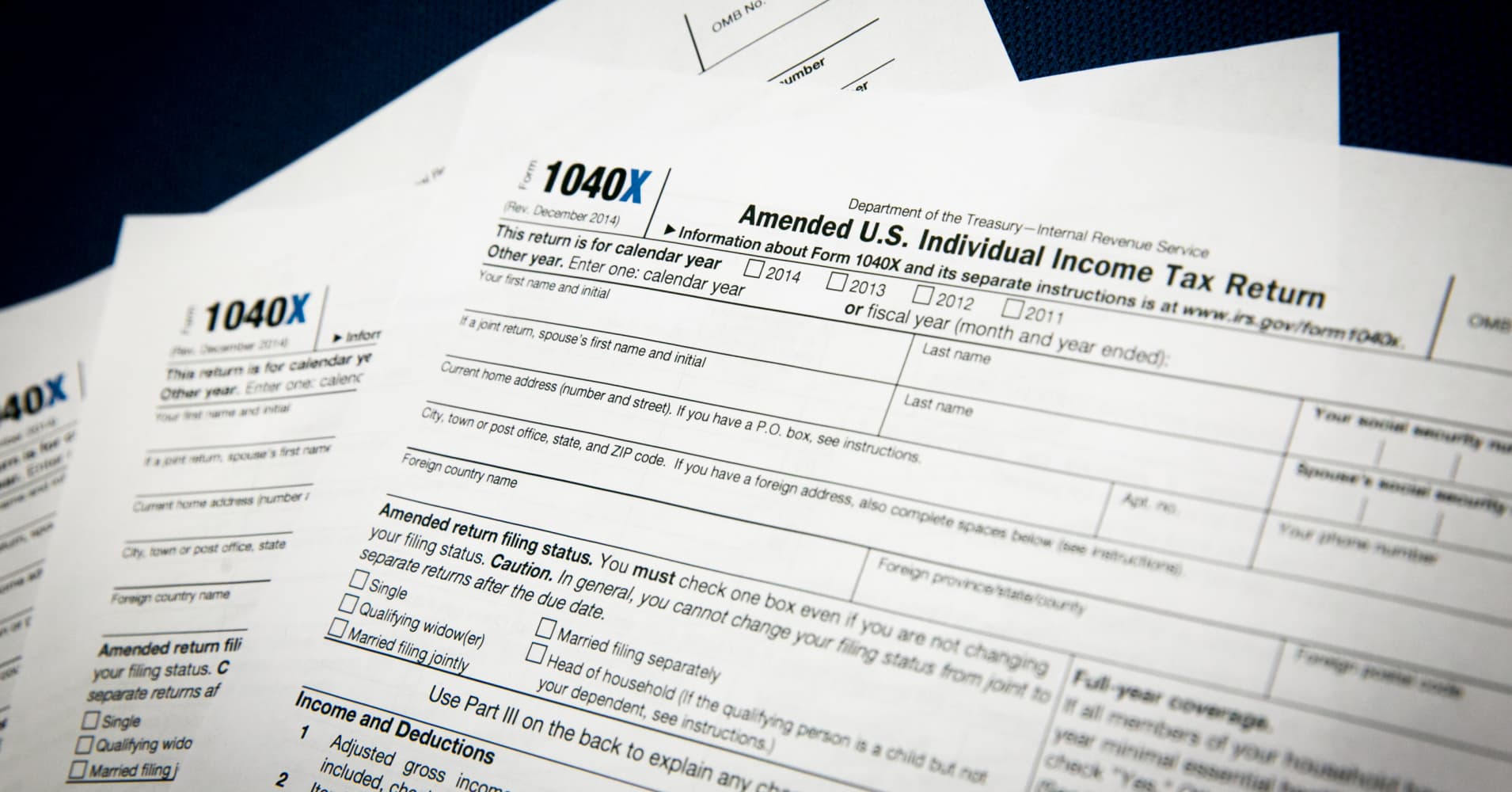
Little can strike more fear in the heart of taxpayers than the prospect of the IRS questioning their tax return.
For most people, the chances of an audit are slim.
Of the nearly 148 million individual tax returns filed in 2016, just 0.7 percent (about 1 million) were audited, according to the IRS.
The item that increases your chances the most? Making a lot of money. If you earn more than $1 million, the audit rate jumps to 5.8 percent.
“This is one case where the less money you make, the better off you are,” said Bill Smith, managing director at CBIZ MHM’s National Tax Office in Washington.
More from Your Money, Your Future:
Don’t overlook the expanded tax deduction for medical expenses
Got crypto? Here’s how to avoid an audit from the IRS
Get your taxes done for free, even as deadline approaches
While getting contacted by the IRS regarding your return will not always result in owing more to Uncle Sam — sometimes it actually leads to a refund — it usually does mean you face additional taxes, according to IRS data. In 2016 alone, audits resulted in taxpayers forking over a collective $9.8 billion.
The IRS does not reveal exactly why it chooses to audit the returns it does, only overall data after the fact. So it’s entirely possible to be audited for reasons that have nothing to do with common areas of recent scrutiny.
And even if you’ve gotten away with exaggerating deductions or unreported income in the past, don’t assume your luck will last forever.
Be the first to comment